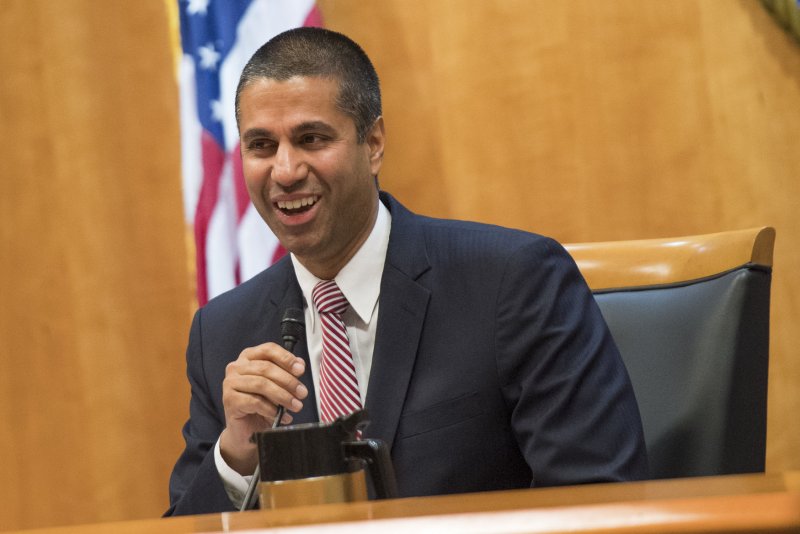June 11 (UPI) -- Net neutrality rules enacted under former President Barack Obama expired Monday, completing a move last year by the Federal Communications Commission to end the protections.
The rules oblige Internet service providers, or ISPs, to enable access of all content and applications, regardless of the source, and without favoring or blocking particular products or websites.















